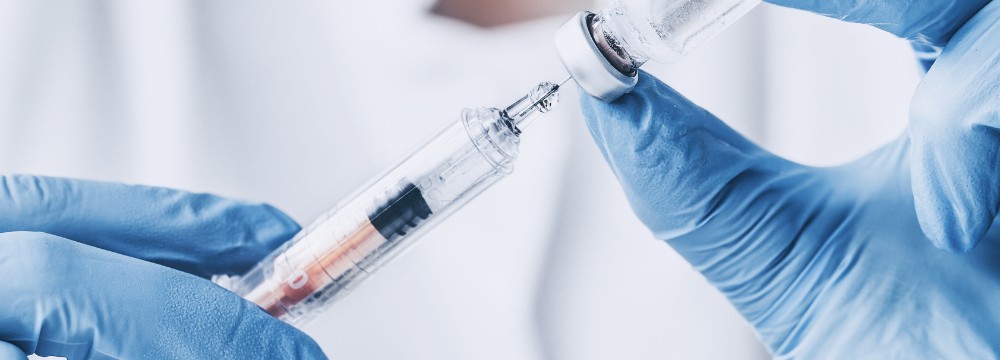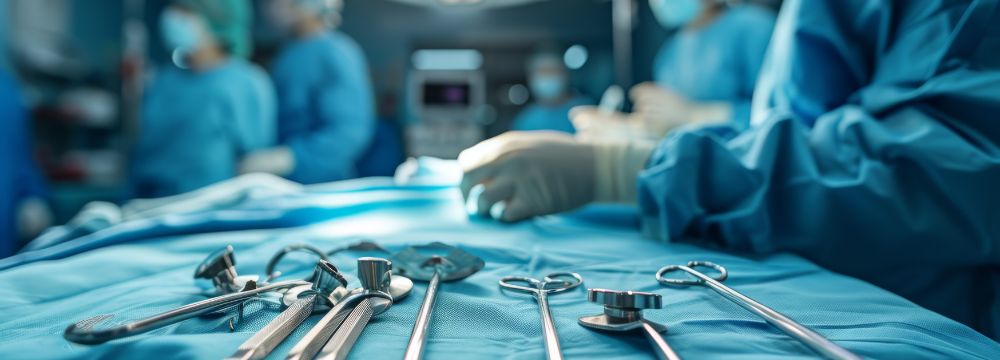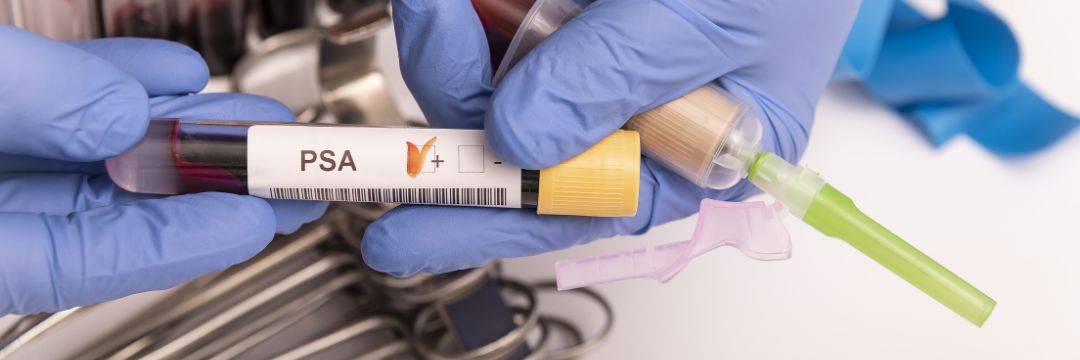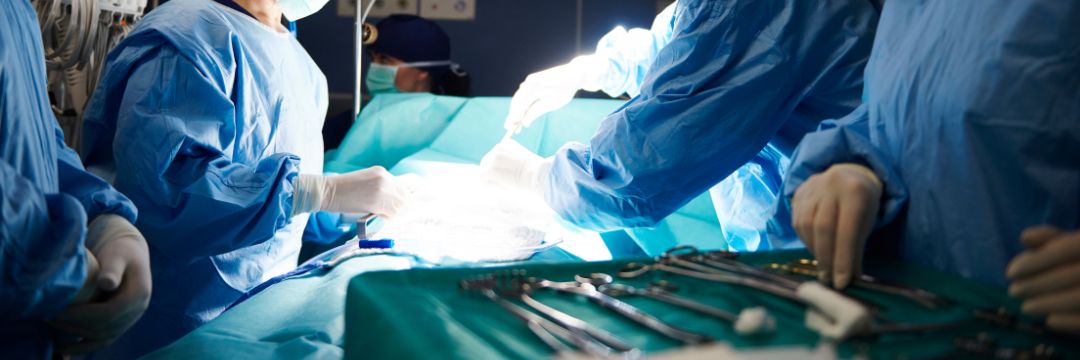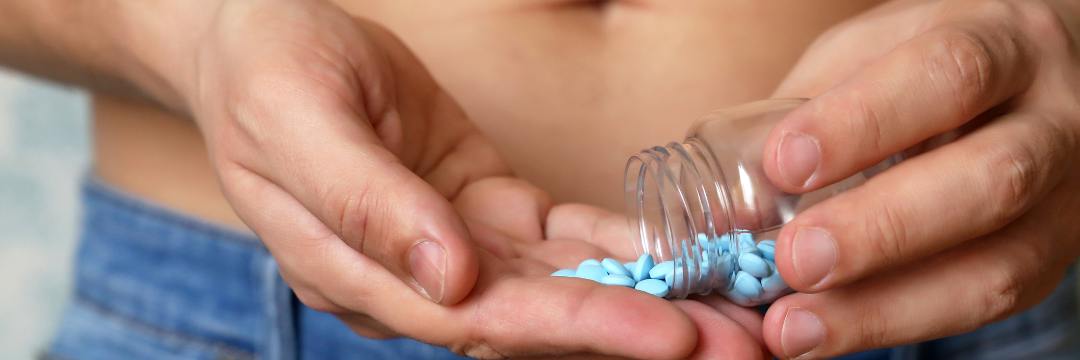
As you have undoubtedly seen on our website, one of my strongest passions is helping men regain their continence and erectile function after prostatectomy. I feel strongly about this, not only because there are men who suffer silence for years or even decades but also because the solutions to some of these issues are simple, straightforward, and surprisingly attainable. Ultimately, any given patient who has a prostatectomy may have a slower or faster recovery of these functions versus a peer. But, ultimately, every patient should be able to enjoy normal voiding and erectile function, even if it means with the assistance of a penile prosthesis.
Let’s recap why many patients lose their ability to hold urine, known as incontinence, and are not able to achieve or maintain the erection they want.
While the prostate itself does not have direct control over urinary and erectile function, the nerves and vascular structures around the prostate most certainly do. On the continence front, the resection of the prostate requires eliminating one of the two sphincters or valves that regulate urine flow. We cannot know beforehand if the remaining valve will be strong enough to support proper voiding function. For some, it is, and continence is restored swiftly after surgery. For a minority, it is not, and they may need longer (and possibly eventual surgical help) to stay dry.
On the erectile dysfunction front, we at one time thought that the primary cause of ED after prostatectomy was the irritation or damage to the nerves surrounding the prostate that also helped control erections. This led to what we call a nerve-sparing prostatectomy. While you would think this is the only issue, that’s not true. We found that it is the damage done to the vasculature in the area – unfortunately, an unavoidable circumstance – that may be the true culprit in post-prostatectomy ED. Not only can ED be affected by the mechanical stresses caused by resection of the prostate but also by radiation, if it’s necessary, which can lead to delayed ED, sometimes several months after the procedures.
Now that we know what causes these issues, we can discuss patient expectations after their procedure.
From a continence standpoint, over 90% of patients will regain normal urinary function within a year after surgery. The improvement may be slow and study or spontaneous, depending on the patient. Some patients may take up to two years. It’s also important to stress that progress will likely be slow, and patients should not get discouraged. If you’re making progress throughout the first few months after surgery, meaning you can get through more of the day and night dry, you’re on track.
Erectile dysfunction, on the other hand, can be significantly more challenging, and more men find that they are unable to achieve or maintain an erection. In this case, there may be several possible concerns at play. Any vascular damage caused by radiation, therapy, or surgery may slowly improve. If patients were already experiencing erectile dysfunction, most commonly due to age-related vascular concerns and lack of blood flow, Improvement may be slow or nonexistent. Even after regaining some function, patients may find that they are not the same as before surgery, necessitating a multi-pronged approach. Part of my commitment to men after their prostatectomy is that we can work together with Gregg, a pharmacist partner, and Lis, our sexologist, to develop a plan that addresses desire and possible relationship concerns, as well as limitations that you may experience after your surgery through medication like Viagra/Sildenafil or Cialis/Tadalafil.
Should these interventions not be sufficient to get patients back to their everyday sex life, we can work with them to develop a plan for a penile prosthesis or implant that returns them to normal sexual function in a discreet and, frankly, quite elegant way.
Bottom line
Most importantly, we want men who suffer from ED or urinary incontinence, whether caused by prostatectomy or not, to understand that there are solutions, and these solutions are safe and highly effective. The most critical next step is to ask me, a urologist near you, or a men’s health specialist in your area about your options for correcting these debilitating issues. If you are in the Charlotte, North Carolina, area, we encourage you to call our office and schedule an appointment. I’d be thrilled to discuss options with you and determine the best way forward.

